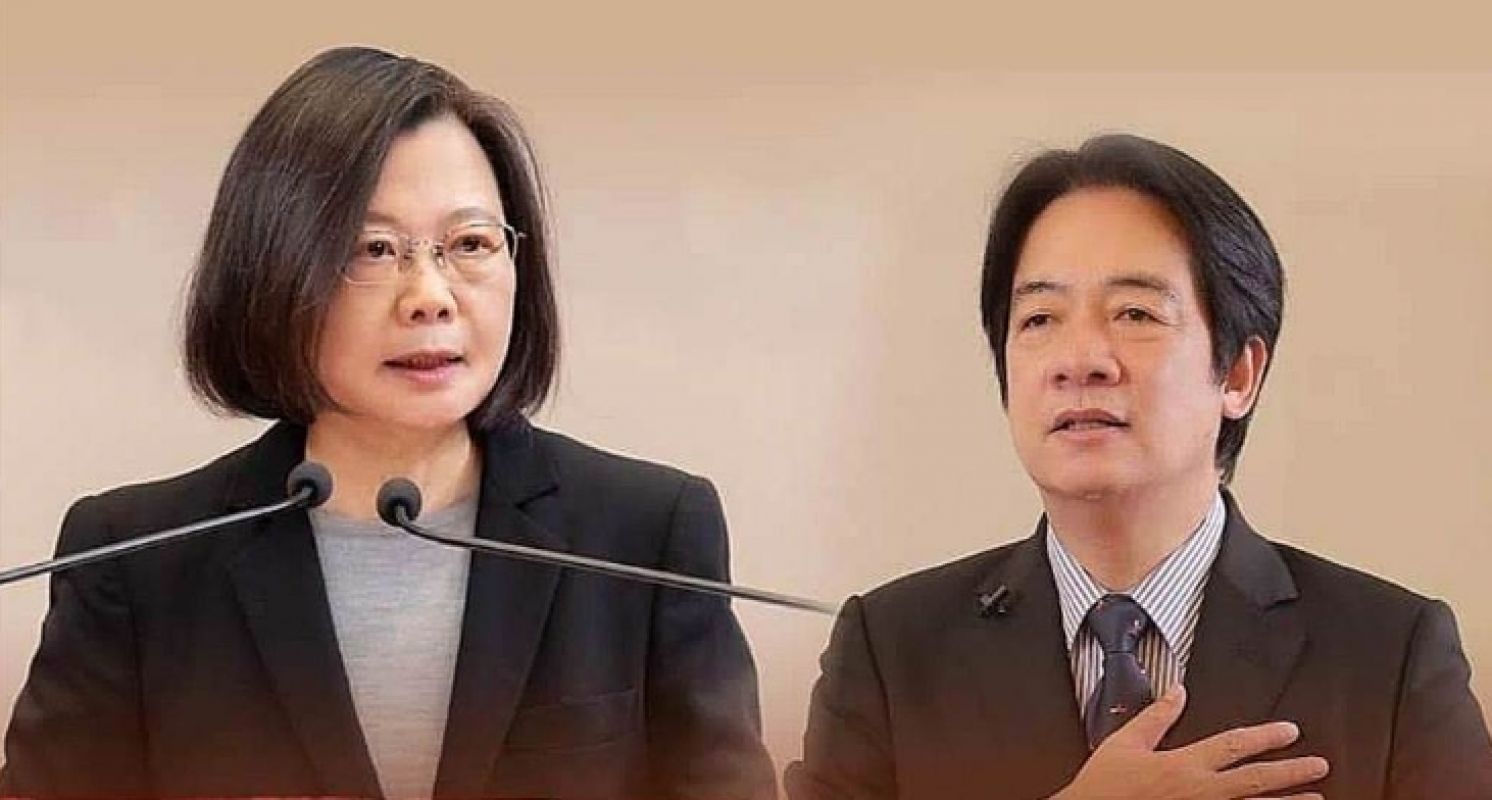
National Team Proliferation Syndrome:Administrative Incompetence Accumulating under Tsai Administration
United Daily News Editorial, May 17, 2023
During a campaign rally in Keelung on May 15, Vice President William Lai stated that if elected president, he would establish a special task force in the Executive Yuan to enhance cooperation between the central and local governments and address the issues of each county and city individually. This remark immediately drew criticism from the opposition party, accusing the Democratic Progressive Party (DPP) of continuously setting up various "offices" and "national teams" during their seven-year governance, boasting a wide array of names but failing to actually solve problems. They argue that these initiatives have only resulted in more personnel and expenses, without achieving substantial progress.
The criticism from the opposition party does hit the nail on the head. In the past seven years of the administration of President Tsai Ing-wen, they have established over 30 different "national teams" and more than 10 "special project offices." While some of these initiatives are indeed necessary for inter-ministerial coordination, the majority of them have been created to meet the "needs of the situation," aiming to generate publicity and demonstrate the government's attention to certain issues. However, once the time has passed and the situation has changed, these initiatives are often forgotten and disregarded.
The most obvious example is during Su Tseng-chang's tenure as premier from 2019 to 2023 when the government would frequently announce the establishment of various "national teams," such as teams for anti-fraud tasks, medical masks, rapid testing, agricultural products, delivery service, drones, and so on. However, while these initiatives may have taken a tangible form, they often failed to effectively combat fraudsters, and instead, scam syndicates became more relentless and innovative in their schemes. As for the Mask and Rapid Testing National Teams, the government's intervention in the industry led to monopolizing distribution rights, causing people to exhaustively queue in line for purchases. The establishment of the Agricultural Products National Team was prompted by mainland China's ban on pineapple and grouper exports, aiming to explore alternative markets. However, it essentially relied on government subsidies, using public funds to sustain it. Moreover, the so-called "Drone National Team" that performed at the National Day celebration was found to be using components and software from the mainland, with even simplified Chinese characters displayed on them.
During the promotion of the Mask National Team amid the epidemic under then-Premier Su, the Executive Yuan was exposed by the opposition party for failing to hold regular inter-departmental coordination meetings, some of which had not been convened for one to two years. These meetings include the Food Safety Coordination Meeting, Public Security Coordination Meeting, Drug Control Coordination Meeting, Office for Low Birth Rate, National Sustainable Development Conference, Digital National Innovation Promotion Task Force, and others. Particularly, the Public Security Coordination Meeting was revealed by the opposition party to have not been held for a year only after the case of a Malaysian female student being sexually assaulted and killed in Tainan occurred. When questioned by legislators about the last time the Public Security Coordination Meeting was convened, then-Minister of the Interior Hsu Kuo-yung evaded the question by saying he had "forgotten."
In fact, whether it is food safety, public security, anti-fraud, digital development, or agricultural exports, the government has specific departments responsible for related tasks. As long as the relevant leaders oversee them diligently and the officials responsibly carry out their duties, with a clear division of powers and responsibilities between the central and local authorities, effective collaboration among agencies can ensure successful outcomes. The problem with the Tsai administration is that the president and premier often seize power under the guise of "interdepartmental coordination meetings," "project offices," and "national teams," attempting to interfere and command. However, due to the busy nature of state affairs and occasional shifts in attention to other issues, they often forget that the matters they should oversee have not been concluded. Meanwhile, the subordinate agencies gradually lose their sense of responsibility as a result.
Mr. Lai claims that if he is elected president, he will establish "project offices" to strengthen cooperation between the central and local governments and resolve local issues one by one. However, this statement exposes his lack of understanding of "decentralization." I must ask, isn't the power of the vice president significant enough? Why does he have to wait until he becomes president to strengthen cooperation between the central and local governments? If the executive power cannot be delegated to ministries and agencies, and everything requires the personal intervention of the president to solve problems, what kind of "hierarchical responsibility" and autonomous management capability does this government have? And how can a country that only follows the orders of the president maintain vitality? Moreover, isn't the issue of the central government's inability to communicate with local governments in Taiwan precisely the result of the Tsai administration’s long-standing favoritism towards Democratic Progressive Party (DPP) supporters and disregard for the Kuomintang (KMT) supporters?
During his eight years in office from 2000 to 2008, apart from corruption, President Chen Shui-bian left behind the notorious reputation of "incompetent governance." President Tsai has been in power for a full seven years, and although she has performed impressively in terms of internal propaganda, once this facade is removed, it cannot conceal their administrative incapability. The only option left is to deploy online trolls and supporters to whitewash the situation. The proliferation of "national teams" under the Tsai administration reflects this reality: as a result of persistent administrative incompetence, they can only use the name "national" to cover up their shortcomings.